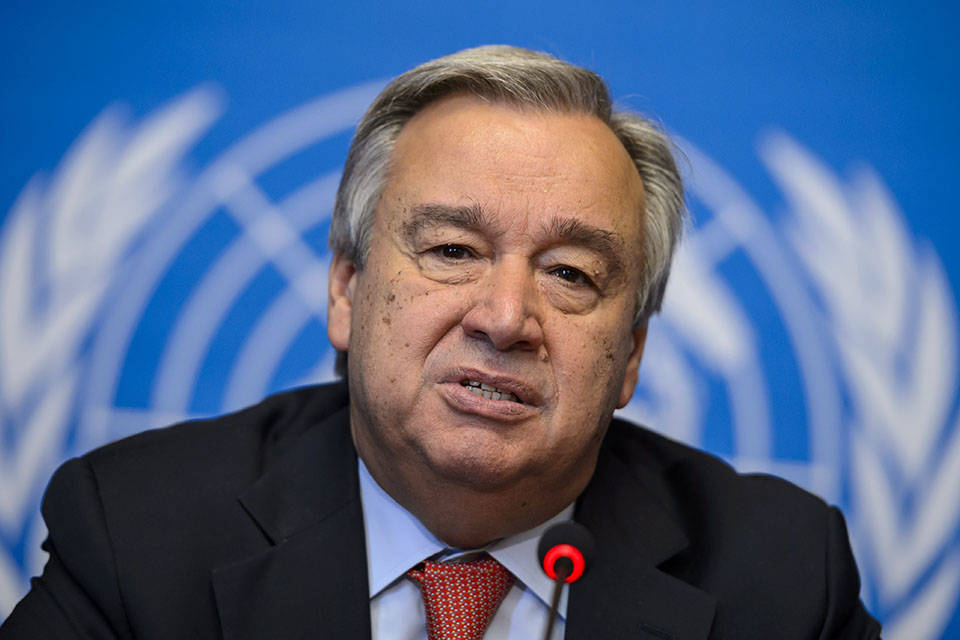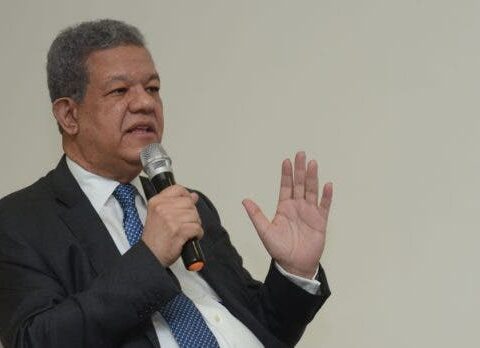Celso Marranziniformer administrator of the suppressed Dominican Corporation of State Electric Companies (CDEEE), considered yesterday that we must pay attention to the issue of electric sectordue to the fact that the costs per generation have increased and due to the complaints of the users, who do not understand why the service is increased.
He indicated that no price increase in the invoices, but yes of the raw material for energy production, such as the mineral coal that is used for the production of energy in the Punta Catalina Thermoelectric Power Plant (CTPC), which went from costing 60 dollars a ton to more than 250 dollars.
He explained that the international crisis is part of the incidents that have raised the cost of energy production.
“Few countries are making the sacrifice that all of us make by paying taxes to maintain the price of energy and fuel”, he added.
“Dominicans do not want to pay for electricity, but they pay for cell phones, internet and Netflix”Former administrator of the CDEEE
Marranzini spoke about it to members of the press when asked for his opinion on user complaints about the service of the electric power.
Affects performance
He warned about the performance of the electricity sector in the midst of an international crisis that has been affecting various productive sectors of the country and in the face of a growing demand for energy service.
In that order, he considered that the Electricity Distribution Companies (Edes) have to improve their operation and communication with users, listening to their complaints. It is an issue that has become a historical problem for the country, he pointed out.
30%
of the national energy demand is generated in Punta Catalina.
Disassemble subsidies
When referring to the subsidies that the Government is allocating to alleviate the economic burden of citizens, he considered that it is something that should be dismantled in the short term.
“I am not telling you to do it now, in the midst of a crisis, but the subsidies teach the population not to pay”, said.
The energy sector official recognized that the National Interconnected Electric System (SENI) needs improvements in technical, functional and administrative aspects, but emphasized that at people do not like to pay for the service and the government subsidy to the electricity sector continues to foster that culture. “They understand that light is a divine good!” she exclaimed.
He recalled that despite the volatility of oil prices in the country, 100% of the demand is supplied, a service that the population recognizes, he added.
CTPC Contributions
Marranzzini, who is coordinator and supervisor of Catalina Pointexplained that this plant currently produces 30% of the energy demand at the national level, which demonstrates the need for the country to have more projects of this type.
He pointed out that, in addition to contributing to the diversification of the energy matrix, the thermoelectric plant contributes to the treasury, through dividends paid to the State. “This year we are going to give the Ministry of Finance 200 million dollars for benefits from the plant,” reported Marranzini.
He noted that the process of building plants stopped with Catalina Pointbut that the country needs to build more plants that contribute to the diversification of the service.
In that sense, he said that there is a “very precarious” balance between supply and demand and the lack of plants aggravates the service because every time one goes out, due to maintenance, it stops generating energy that SENI needs.
Residents in the municipality of Sabana Iglesia, in the province of Santiago, dismantled the meters of their homes and businesses last Monday in protest at the high electricity billing that, according to complaints, they are receiving. The protesters took the meters to the local office of the Distribution Company of Electricidad del Norte (Edenorte). Meanwhile, the Government begins to measure the impact of the international crisis and anticipates that by 2023 in the country a possible increase in the electricity tariff will begin to be registered.








